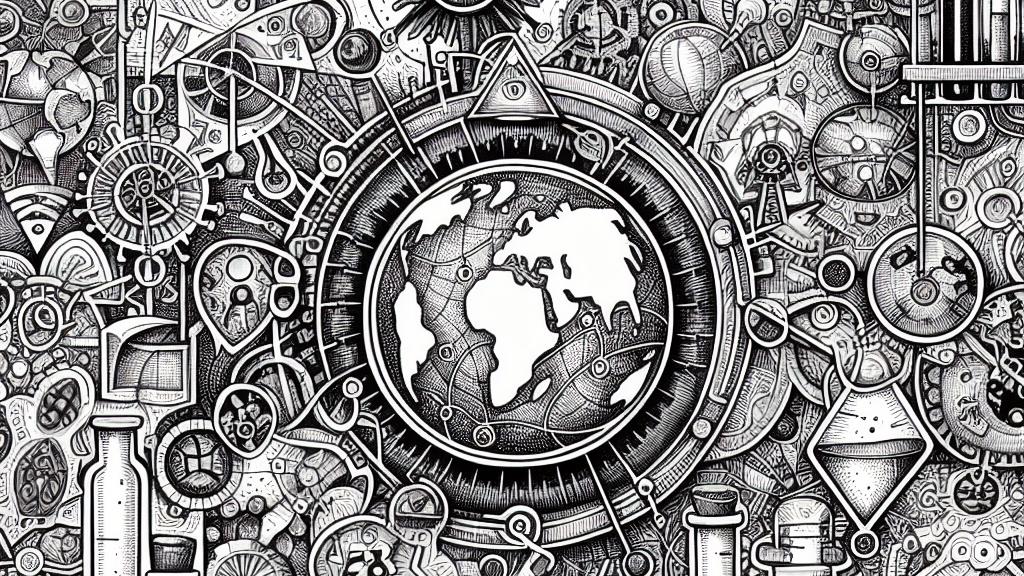CIA Supports Theory of Coronavirus Originating from Wuhan Lab
Overview
- The CIA's endorsement of the lab leak theory marks a significant shift in narrative.
- Emerging investigations indicate a natural origin is now viewed with skepticism.
- The geopolitical implications of this theory could reshape international diplomacy.

The CIA's Shift in Focus
In a startling move that has captured global attention, the CIA has officially backed the theory that COVID-19 may have emerged from a laboratory in Wuhan, China. Spearheaded by John Ratcliffe, the newly appointed director, this shift is not merely a formality; it represents a deeper acknowledgment of the grave implications that this theory holds. For instance, instead of adhering to the previously popular notion that the virus originated from animals at the Huanan wet market, Ratcliffe is insisting that the lab leak hypothesis warrants serious scrutiny. The pandemic has profoundly impacted the United States, with millions infected and countless lives lost, making the urgent quest to uncover the virus’s origins even more essential. As such, this marked pivot from the CIA underscores an intention to tackle the complex web of politics and science that defines U.S.-China relations.
Exploring the Evidence
Despite the CIA’s newfound support for the lab leak theory, the evidence backing this assertion remains largely circumstantial at this point. Notable figures, including FBI Director Christopher Wray, highlight a compelling argument leaning towards the idea of a lab incident. It’s interesting to note that previous investigations by the World Health Organization, which concluded that a natural origin was most probable, have faced increasing skepticism. For example, researchers from esteemed institutions such as Harvard have called for a robust re-evaluation of findings surrounding the lab leak theory, spurring a whirlwind of debate in scientific communities. This growing skepticism is vital, as it shines a light on the narrative we’ve accepted thus far and emphasizes the critical need to explore all avenues when investigating the origins of this global crisis.
Implications of the Lab Leak Theory
Should the lab leak theory gain further legitimacy, the implications could be far-reaching and profound. Such developments would not only alter our understanding of COVID-19’s origins but could also dramatically exacerbate tensions between the United States and China, leading to a cascade of demands for accountability regarding laboratory safeguard practices. Furthermore, it raises essential questions about the protocols surrounding biosecurity and safety in labs dealing with infectious agents. Governments worldwide might respond by imposing stricter regulations and oversight on research institutions, fundamentally altering how high-risk research is conducted. In an increasingly interdependent world still grappling with the aftermath of COVID-19, this inquiry is no longer just an academic exercise; it has evolved into a pressing matter that intertwines public health, ethical standards, and international relations. As we pursue clarity on this complex narrative, the call for transparency and accountability in scientific research becomes more urgent than ever.

Loading...